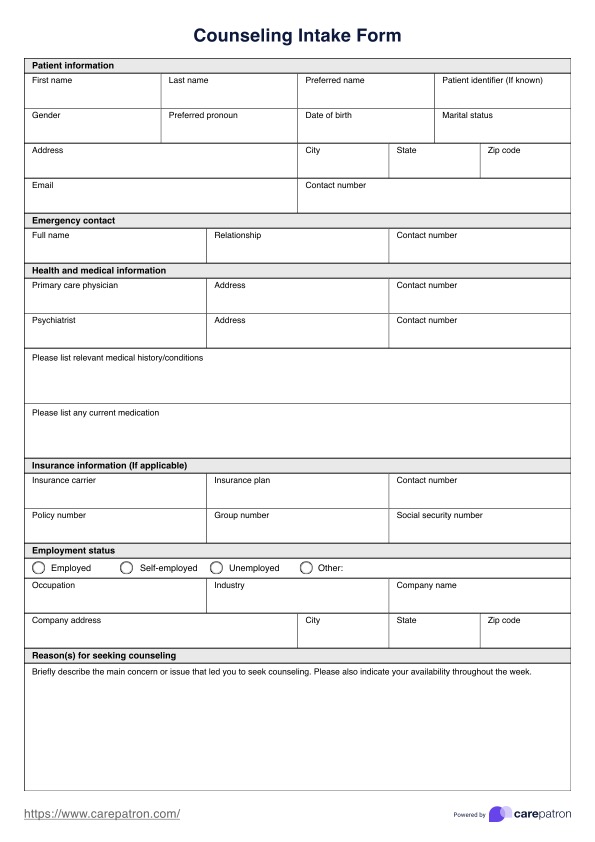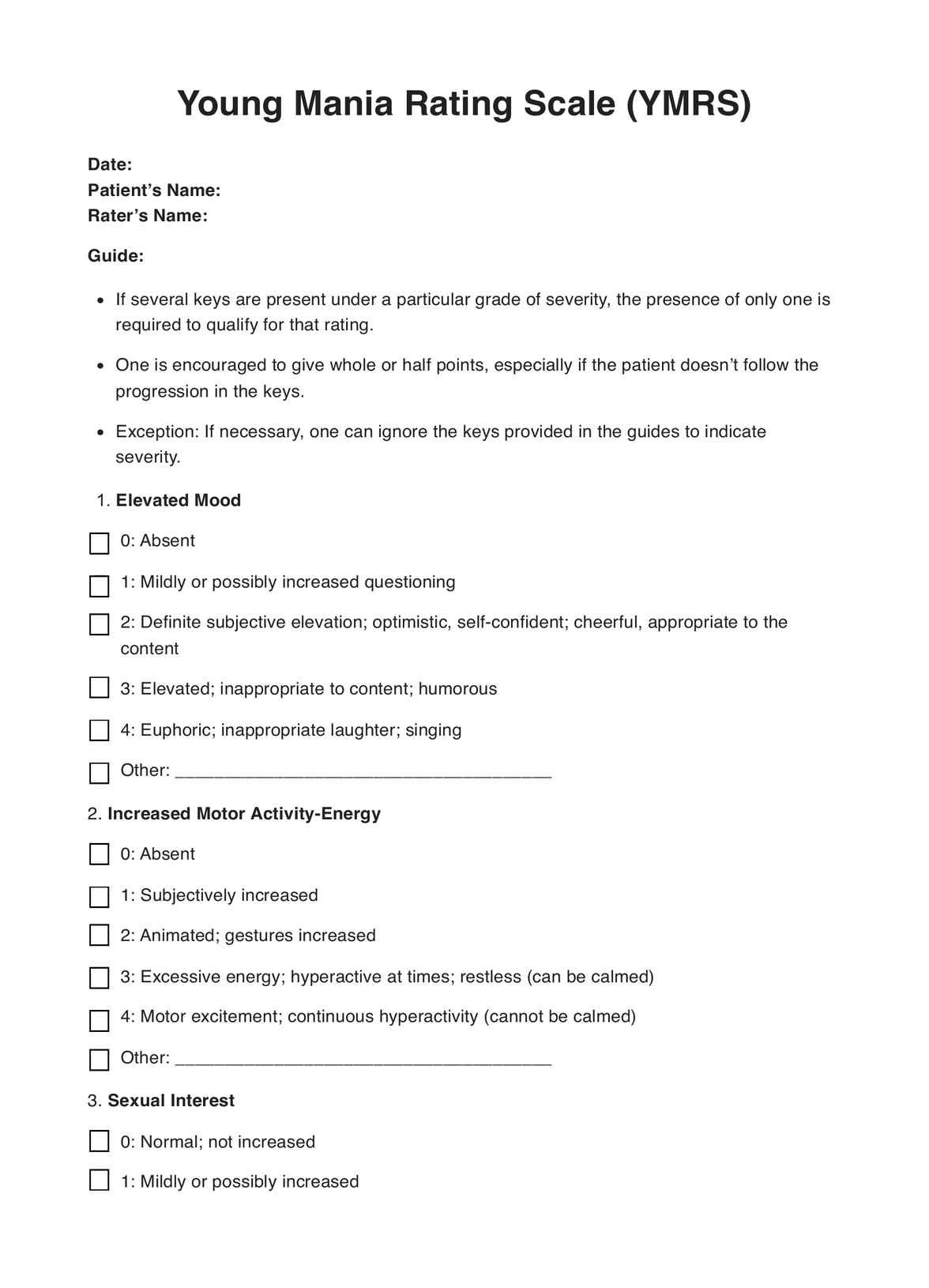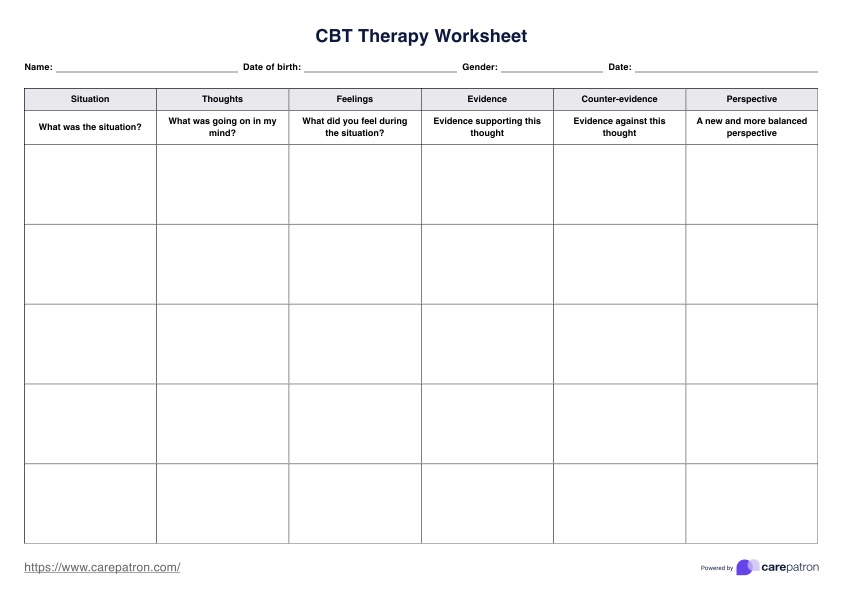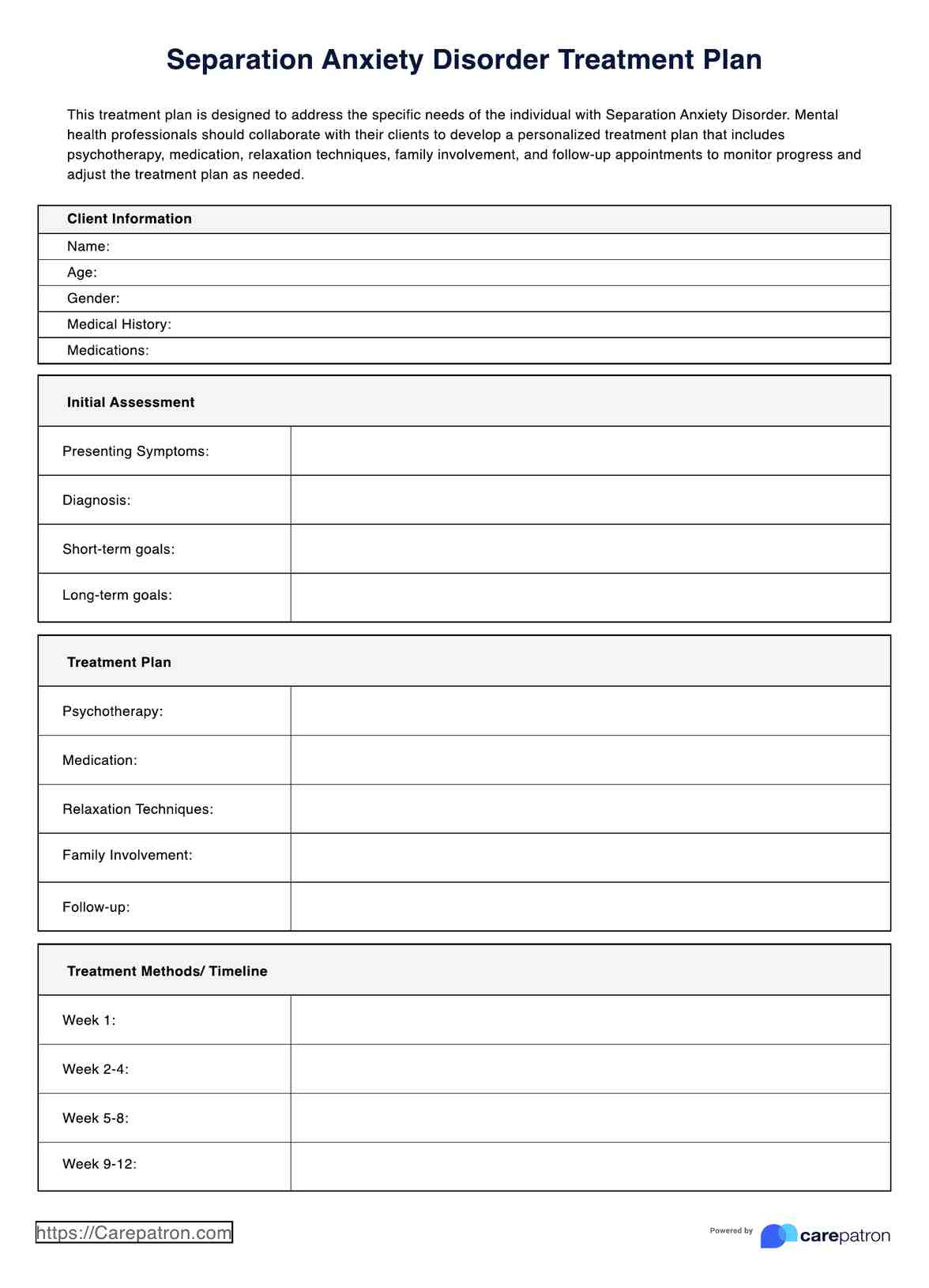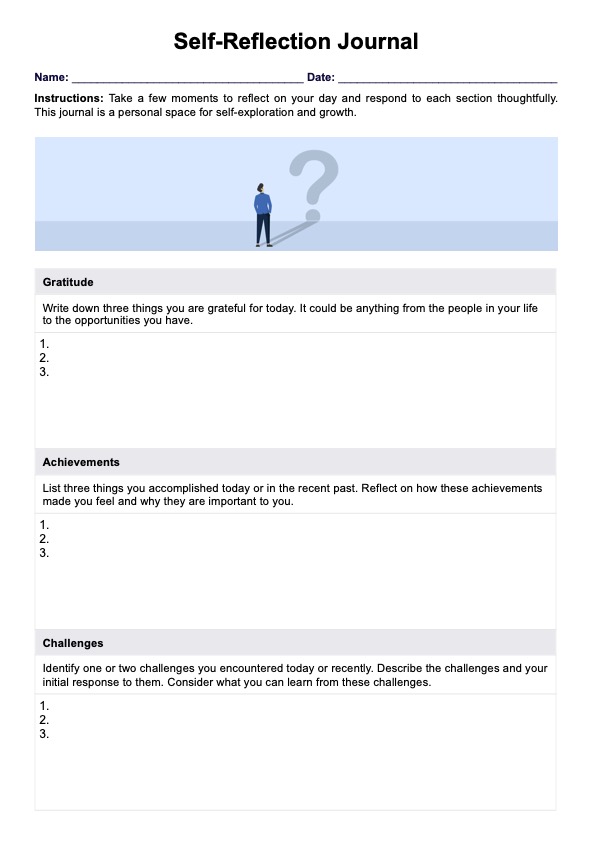Identity Worksheet
Use our free Identity Worksheet to identify and analyze your client’s identity. Download our example of this worksheet in PDF format for free, and strengthen your inner connections.


Exploring one's identity
Identity is a complex concept that involves our beliefs, values, experiences, and roles in life. Understanding one's identity is crucial for personal growth, self-awareness, and overall well-being. Identity exploration can be particularly beneficial for individuals experiencing life transitions or facing challenges. It can help an individual navigate changes, adapt to new circumstances, and find a sense of purpose or direction.
It's also worth noting that identity is not static. It evolves over time as we grow, learn, and experience life. Regular reflection on one's identity can help track personal growth and more effectively adapt to life's changes.
Identity Worksheet Template
Identity Worksheet Example
Ways to explore one's identity
Exploring one's identity is a dynamic process that can lead to greater self-awareness and personal growth. There are various methods and tools available to facilitate this exploration:
Reflective journaling
Journaling is a powerful tool for self-discovery and identity exploration. It provides a private space to express thoughts, feelings, and experiences without judgment. Regular journaling can help identify patterns in thinking and behavior, clarify values, and track personal growth over time.
Mindfulness and meditation
Mindfulness practices can enhance self-awareness and clarify one's thoughts, emotions, and reactions. By cultivating present-moment awareness, individuals can gain insights into their habitual patterns and core beliefs. This is a way to build a connection within oneself.
Narrative therapy techniques
Narrative therapy approaches focus on the stories we tell about ourselves and how these narratives shape our identity. This might include writing one's life story from different perspectives or identifying and challenging limiting beliefs or "problem-saturated" stories.
Self-identity worksheet
A self-identity worksheet is a structured tool designed to guide a person through various aspects of their identity. It typically includes a series of questions or prompts that encourage deep reflection on personal characteristics, values, beliefs, skills, and experiences.
What is an Identity Worksheet?
Therapists can help guide individuals by providing support and suggesting exercises or mental health tools to help them uncover more profound aspects of themselves. One such tool is an Identity Worksheet or a self-identity worksheet. This assessment encourages individuals to reflect on their social identities, such as race, ethnicity, gender, religious beliefs, or cultural background. Reflection on these aspects can provide a greater understanding of how one's identity has been shaped and how it affects one's perspectives. It can also help to identify any areas of discomfort or conflict that may be present.
How does it work?
This free, printable Identity Worksheet template provides prompts to help your client reflect on their cultural background, personal beliefs, interests, and hobbies. Here's how to get started:
Step 1: Access the free template
Get a copy of the free Identity Worksheet using the link provided on this page or from the Carepatron app. You can also obtain it by accessing our resources library.
Step 2: Explain how it works
Discuss the template with your patient. Tell them it aims to help them reflect on their social identity, values, and beliefs. Explain that by working through it, they may better understand their self-concept and core values.
Step 3: Let the client fill out the worksheet
Give your client enough time to complete the worksheet. Encourage them to be honest and open when writing their answers.
Step 4: Review the worksheet
Once your patient has completed the Identity Worksheet, review it together. Discuss any common themes that emerged throughout the exercise and explore how they may relate to their daily life experiences, personal values, or sense of identity.
Step 5: Create a plan
Discuss the implications of the Identity Worksheet with your patient and create an action plan. This could involve setting goals, engaging in self-care activities, or further exploring areas of their personal identity and different roles.
When would you use this template?
An Identity Worksheet template can help clients explore their social identity, values, and beliefs. This worksheet is an effective personal development, problem-solving, and self-reflection tool. Similarly, you may utilize this worksheet in your sessions to:
Promote self-awareness
Our free printable Identity Worksheet is a valuable tool to promote further self-awareness and understanding in your clients. It can help them understand their sense of self and their values, beliefs, and relationships.
Help build a therapeutic relationship
The worksheet can help develop trust between you and your client. By exploring their identity together, they can better understand who they are and how you can best support them in your therapeutic relationship.
Encourage personal growth
The worksheet encourages clients to take ownership of their identity and make changes to support their mental health and well-being. This worksheet can help them reflect on their strengths and weaknesses, allowing them to identify areas for growth.
Who is this free Identity Worksheet template for?
This Identity Worksheet form can be used by a wide range of professionals. These include the following:
- Therapists
- Social workers
- Educators
- Counselors
- Case managers
- Community managers
- Psychologists
- Psychiatrists
The Identity Worksheet can also be used by individuals or group members exploring identity topics. However, not that this template is not a substitute for professional advice.

Commonly asked questions
A person's identity can encompass various aspects, including their gender, race, ethnicity, nationality, religion, sexual orientation, socioeconomic status, age, and personal interests or hobbies. These different facets contribute to an individual's unique sense of self and how they are perceived by others.
Common identity questions that people may grapple with include: "Who am I?", "What are my core values and beliefs?", "How do I fit into the world around me?", "How do others perceive me?", "How do my various identities intersect and shape my experiences?", and "How can I authentically express my identity?"
Individuals can express their identity in numerous ways, such as through their clothing, hairstyle, language, cultural practices, social interactions, hobbies, and creative pursuits. The way a person presents themselves, the communities they engage with, and the causes they support can all be reflections of their identity. Ultimately, identity is a complex and multifaceted aspect of the human experience.


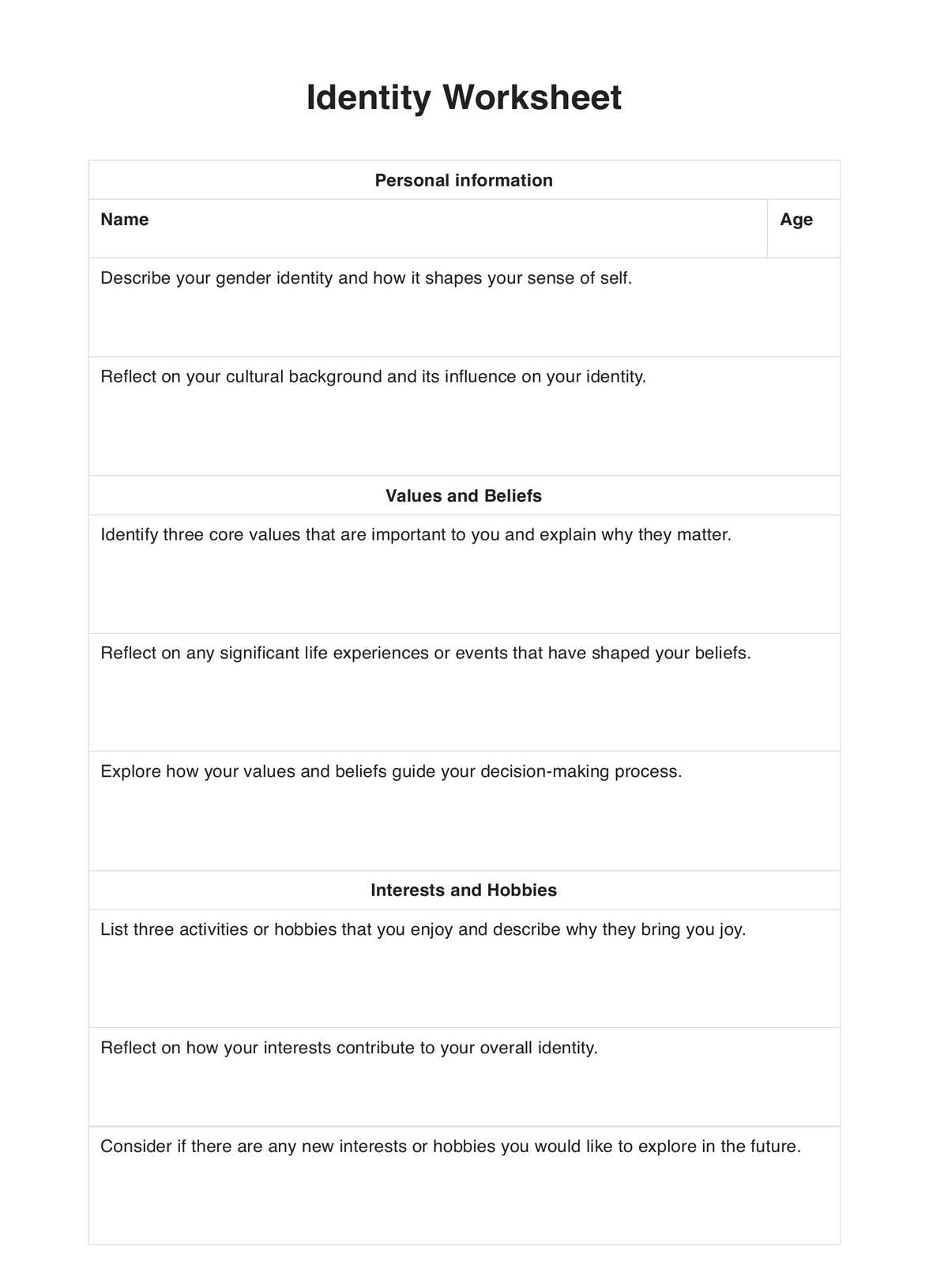
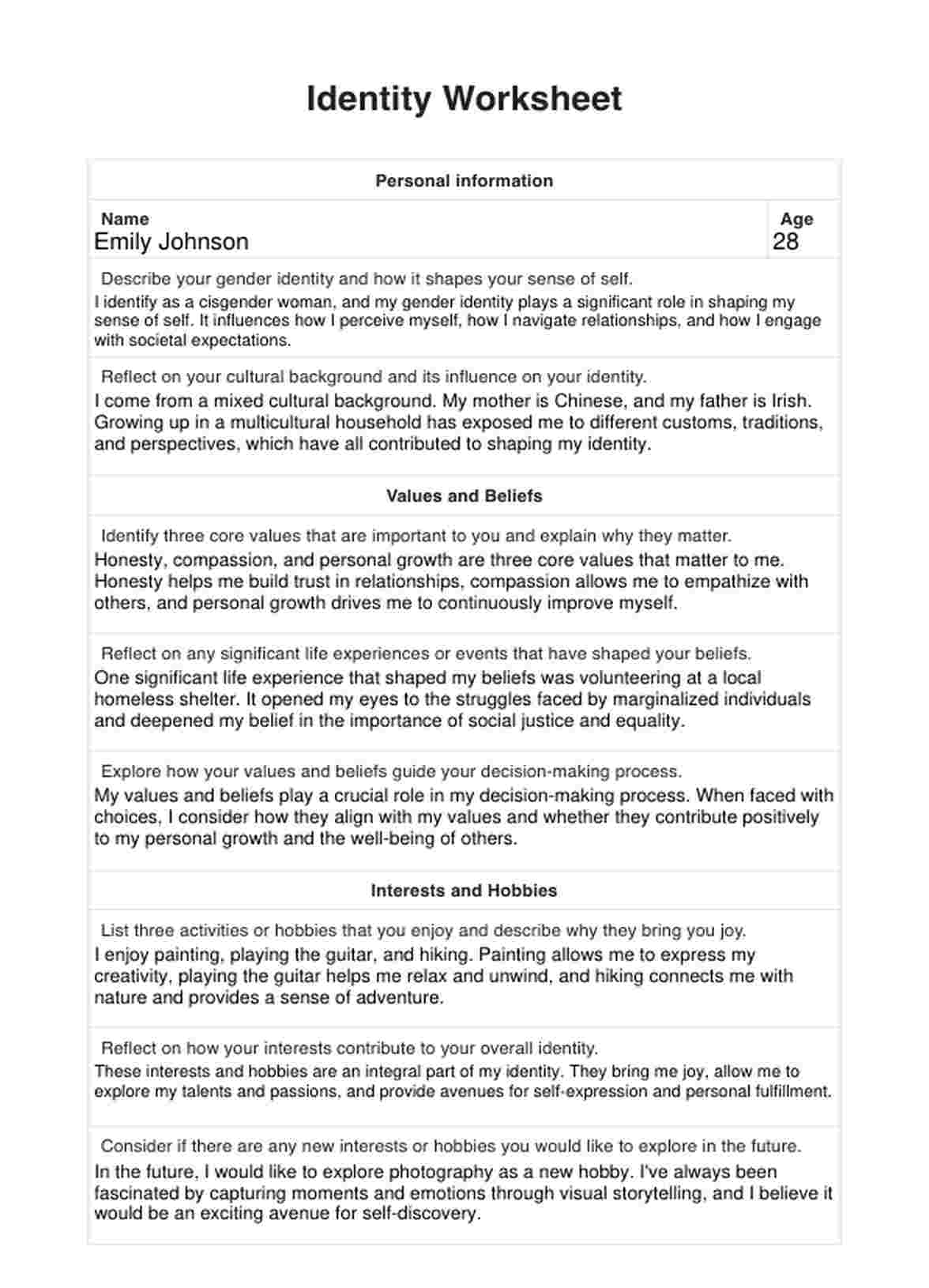















-template.jpg)





















































































